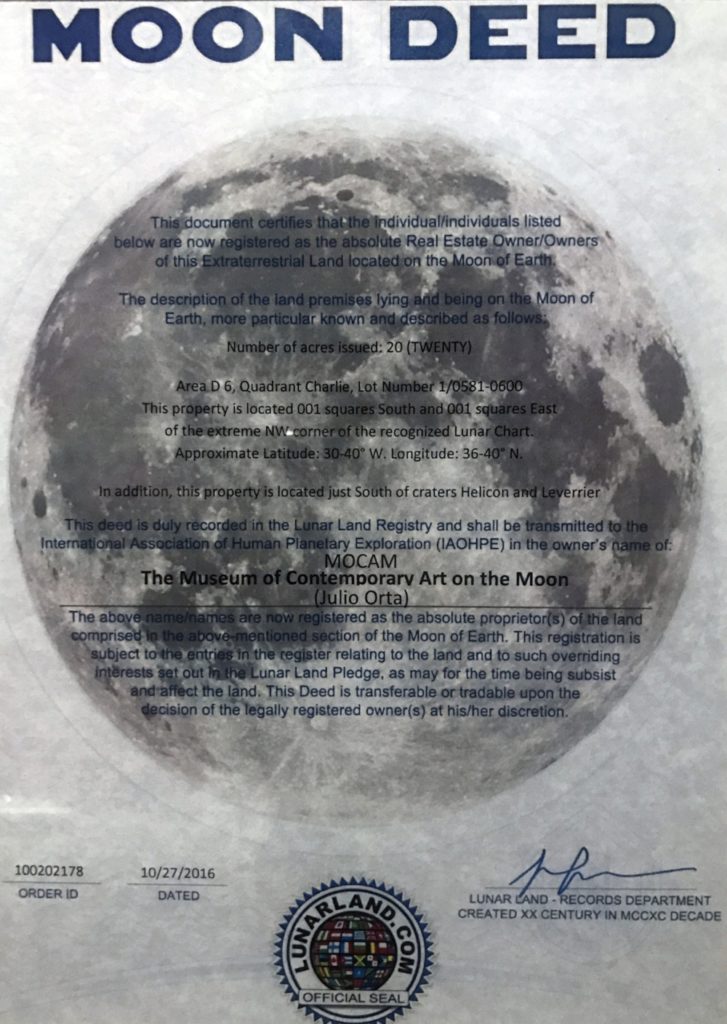Arts in the News: Show must go on, Ballet Training, Most expensive library, Can fiction characters be real?
The Show Must Go On…Even After You’ve Thrown Up Onstage
In the midst of a performance of Verdi’s Requiem by the Houston Grand Opera, soloist and mezzo-soprano Sasha Cooke did what most performers only have nightmares about: she threw up onstage. But in an awe-inspiring and unbelievable move of dedication to the performance, Cooke immediately resumed her duet with soprano Angela Meade. Shortly after beginning their “Recordare” duet, Cooke seemed to cough and put her hand on her chest; she rushed toward the wing but vomited onstage before reaching it. Moments later, she turned around and resumed her part in the duet (the conducter and company had continued undaunted). Cooke exited the stage after the duet, amid applause from the audience, to recuperate during the sections of the piece that didn’t involve her. She later returned to perform her other pieces, at one point having to make another brief exit. As Steven Brown of the Texas Classical Review wrote, Cooke’s performance was “a heartening example of artistic grace under pressure.” A fine performance by a true professional!
Are There Psychological Dangers to Ballet Training?
While research continues to reveal the cognitive and emotional benefits of studying music, research on the effects of studying dance–and particularly ballet–are more mixed. There are obvious advantages to a dedicated study of ballet or any type of dance, most notably physical conditioning and the instillment of discipline and cooperation in students. A new study from Portugal finds evidence that ballet training may produce or exacerbate certain less-than-healthy psychological pressures. The study, led by researchers Telmo Serrano and Helena Amaral Espirito-Santo, suggests that, compared to both music students and peers who study neither art nor dance, dance students had higher levels of “psychological inflexibility,” which the researchers define as “excessive involvement with the content of internal events” like emotions, thoughts, and memories. In other words, the dance students in the study had an intence inward-pointing focus that increased fear of failure and led to avoidance of stressful situations (rather than confronting them). Psychological inflexibility has been linked to the development of depression and anxiety symptoms in adolescents. Serrano and Espirito-Santo survyed 113 Portuguese youth between the ages of 9 and 16 for the study. The researchers admit that it could be that students predisposed to perfectionism are drawn to an exacting art form like ballet, but also believe that the levels of the psychological inflexibility may be due to the characteristincs of training. Ultimately, Serrano and Espirito-Santo’s work certainly does not imply that students should not study dance; instead, their work simply points to the importance of dance instructors being aware of the potential effects of certain training and disciplinary techniques on their students. Hopefully this study will help ballet teachers more effictively serve their students, and enhance the experience of learning this beautiful art form.
The Most Expensive Library in the World
A newly built, gothic-inspired library in central St. Petersburg, Russia, is making headlines for something people don’t usually associate with libraries: the price of entering. In order to enjoy the library’s collection and atmosphere, patrons must pay a ticket of roughly 100 pounds (125 USD) for a four-hour session. Irina Khoteshova, the project director, explains: “One hundred pounds per visit is certainly not a low price, but it is less expensive than tickets to the opera or ballet.” Book Capella, which opened in December, isn’t exactly like other Russian libraries– the average price of a book in the collection is between roughly 500 to 900 USD. All the books date from the 16th to 19th centuries and are housed in thematic rooms. The library also has yearly and annual subscriptions (the annual subscription runs at roughly 86,000 USD) for those who want more unlimited access to the collection than the 4-hour pass allows. Khoteshova explains that the library is mainly used by book collectors, historians, scientists, and businesspeople, who often are simply looking for a quiet place to have meetings. She admits that most academics, whose average inccome is less than the average per capita income in Russia, could not afford entry–a fact that is certainly raising some eyebrows among critics of the new library. Perhaps at some point the library could offer discounted admission and access for scholars in the name of knowledge and academic inquiry, so that these rare books are not reserved only for those rich enough to read them.
Can Fictional Characters Be “Real”?
The Guardian worked with researchers from Durham University on a recent study that suggests that fictional book characters can effectively become “real” people in readers’ lives. The study found that 19 percent of reader surveyed reported that “the voices of fictional characters stayed with them even when they weren’t reading.” This included readers who reported having thoughts in the voice of specific characters, like a character narrating their life, as well those who simply had their thoughts influenced by the tone or perspective of a character. The study was carried out at the Edinburgh International Book Festival in 2014 and included nearly 400 novelists, nonfiction writers, and other particularly passionate readers. Because of the demographics of the surveyed sample, it may be that the results are not generalizable to the average book-reading audience; in other words, perhaps the phenomenon exists only for those whose lives revolve around writing and reading. There is precedent for the study’s results, however: in 2012, a smaller study found that readers of fiction could identify so closely with a character that it would, at least temporarily, change their beliefs and behaviors. If you’ve ever felt incredibly close to fictional characters, or had conversations with them in your head, clearly you’re not alone! A fascinating study that speaks to the power of literature and the human connection.

